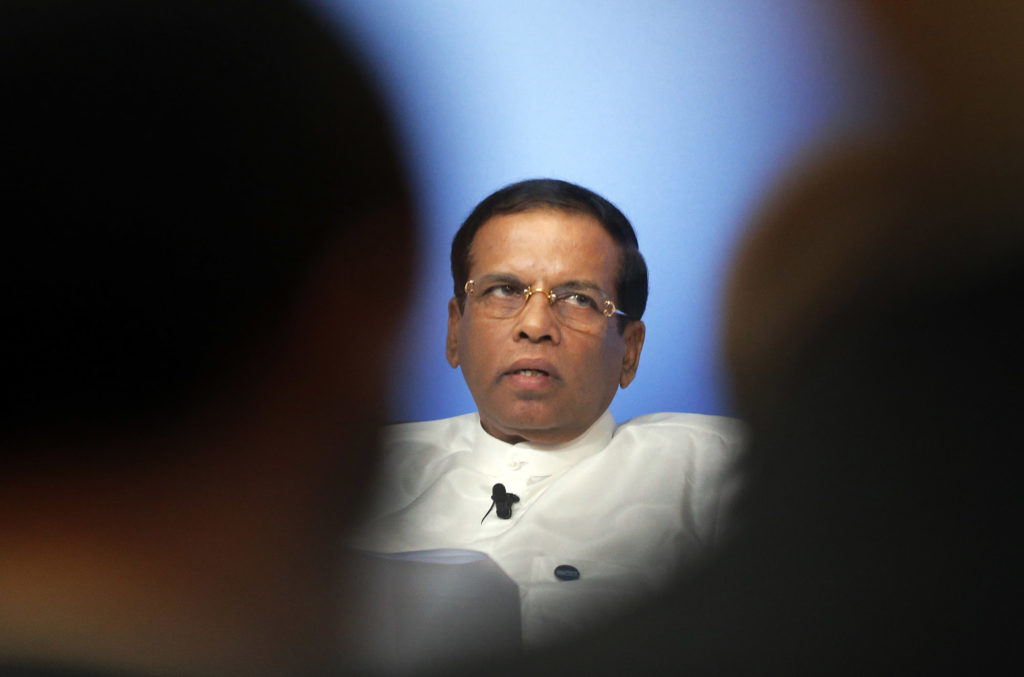Photography by Frank Augstein/WPA Pool/Getty Images, via Bloomberg
Any intelligent discourse must offer memory its rightful place. This is because, memory has present potential, to take us to happenings of the past, so that happenings to come, may be less divisive and destructive.
Memory is a human attribute that sits above human rights and does not depend on constitutions or the judiciary for protection. Memory is invincible and universal; no tyrant can dissolve, distort or destroy it, and it sustains the political prisoner, motivates the refugee, empowers the abused and stirs the exploited, regardless of where or who or when.
In the Christian tradition, memory is the creative restlessness that drives us to authentic solutions in an exceedingly unreasonable and unjust world.
Memory today
In turbulent times like these, memory does not allow the headline or the head lie, however loud or intimidating to have the last word. Its research is endless, its gentle persuasion opens multiple windows.
Memory confirms that legislators steal democracy from the people. Once stolen, this priceless gift of human dignity and freedom is distorted to scoff at peoples’ needs and opinions and mislead the very people who entrust these very legislators with authority to safeguard this very gift.
Memory reiterates that it is none other than this distorted brand of democracy that has ruined our post-independence life as a nation. What is happening now is not new and could happen again; but it has never been so cheap and ugly.
Memory warns that when left unchecked, democracy distorted spreads to plunder state coffers and then readily embrace foreign loans for the enticing commissions they bring. In such wanton corruption spiced with indirect taxation, it is those whose life is pressed in on all sides, whose breath is pressed out of their bodies.
Memory insists that the promise and process of investigations into corruption and crime are unconvincing. The cyclic ritual of recorded statements, court hearings, remand and bail, are as predictable as the publicity given. Both, ritual and publicity, serve as a screen for connivance or hidden obligations.
Memory demands that those responsible for investigations into public crime and who have failed us, are also to be tried for negligence and breach of trust. The years have passed, the guilty remain free, stolen monies have disappeared and the rhetoric gets louder.
Memory regrets that our Constitution that allows for larger cabinets when national governments are formed, has been compromised. If the size of a cabinet is determined by the needs of a people, the only reason for a bigger cake is the greed of the additional ones at the table.
Memory reveals that our champions of democracy who fan hysteria on the UN resolution on accountability, have achieved much more for themselves at home. Labelling accountability as a bad word, they have cleverly evaded accountability for responsible governance among their own.
Memory urges that if we are to consequently keep a tab on our legislators and hold them accountable, we are to insist on a periodic review of their performance and bank accounts, at a people’s tribunal.
Memory endorses that resilience and energy for change grow, when legislators take it in turn to mess things up. In the heat of the unfolding intrigue we are to draw inspiration from the late Sobitha Himi’s campaign that led to regime change not too long ago. His unfinished agenda is todays continuing agenda; the inordinate concentration of power in an individual and the arrogance it multiplies, is deadly. It must be stopped.
Memory cautions that elections will no longer make a difference if the same familiar faces reappear on our walls. Since a people’s democracy does not allow a boycott or the spoiling of ballot papers, however tempting; we are to instead demand (and facilitate) new faces, unpretentious manifestoes and public apologies. When these things happen, we are to make up our mind and make our way to the polling booth.
Memory concludes that those who strive for people’s democracy have no rest. They are to press on to claim patches of socio-political stability and extend these brief gains into longer more sustainable periods of integrated, responsible governance; the fruit of real, active, people’s democracy.
With peace and blessings to all.
